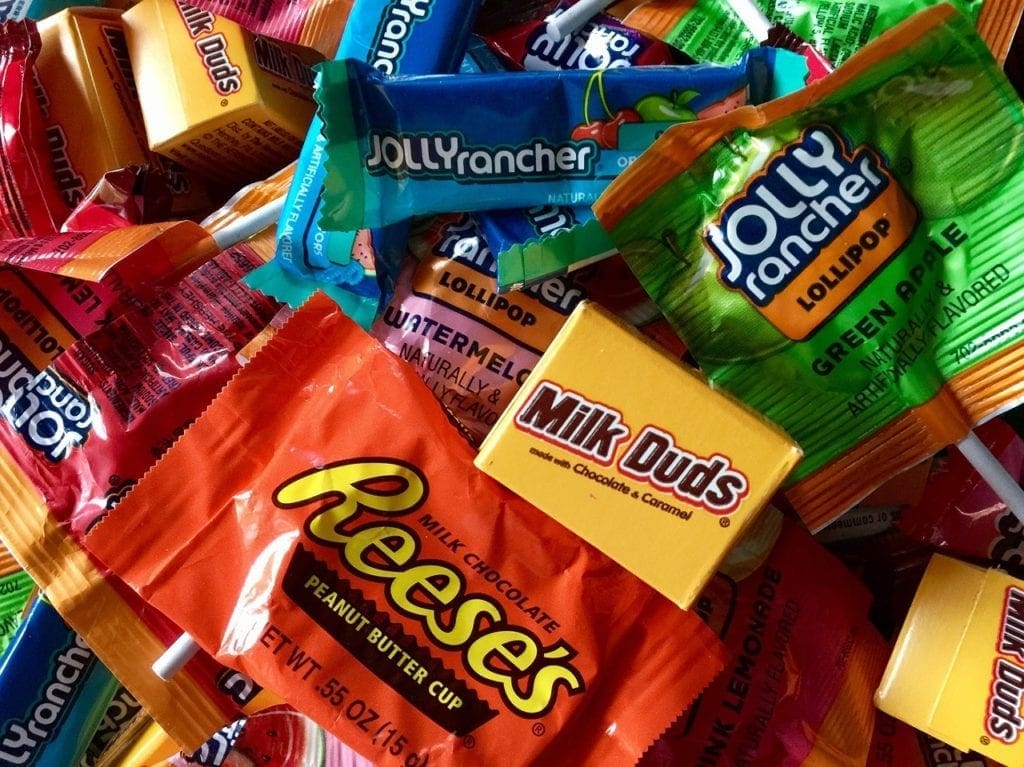Every year, police reports involving drugs disguised as candy make the rounds during the Halloween season. And every year, most of them stem from real cases involving drug busts, not children actually being given drugs instead of candy while trick or treating.
This year, a suburban Atlanta, Georgia, police department reported that a hit-and-run case led to a drug bust involving cannabis lollipops and pills in the shape of popular cartoon characters like Homer Simpson, Hello Kitty, and Despicable Me’s Minions.

On Facebook, officers warned that the pills that look like candy are dangerous, as “small children might ingest these items mistaking them for candy” and “teens may see these drugs as less of a danger based on their looks.”
They warn that this bust shows that children are in danger just in time for Halloween. After all, “what reason would a drug dealer have to offer drugs that appear to be candy except to entice young people?” police asked.
Whether you believe that drug dealers would spend thousands just to lure young people into doing drugs by distributing pills disguised as candy for free or not, it’s clear that this story is far from a cautionary tale. After all, the police offered no detailed information on the case, reporting only that officials found the drugs after a suspect ran away from the scene of a car accident.
They also did not disclose what the pills in question were or the suspect’s name. If this alleged dealer was, indeed, intending on distributing these pills to teens and children, he would be engaging in a highly expensive marketing campaign that would probably end badly, as a parent would be bound to notice the problem and report the person to the authorities.
The Drug War Makes Children (And Adults) Vulnerable
In this and any other similar case, the fact the drug war is still a reality makes it harder, not easier, for us to protect young and innocent children from the dangers associated with ingesting potent drugs. After all, in a black market, measures are taken so that drugs are disguised or concealed.
In a legal, open market, drugs are safely handled and sold, and self-regulatory measures ignited by the industry itself help to keep both the drugs and transactions between consumers and sellers safe.
In addition, consumers have recourse in a legal market, as a bad batch of drugs that harm consumers will lead to legal action against the provider. As such, reputation plays a major role, as other consumers will stay away from sellers with a bad record.
If local police departments were genuinely worried about the safety of their children, then pushing state and federal officials to finally end the drug war would be the first place to start.




















